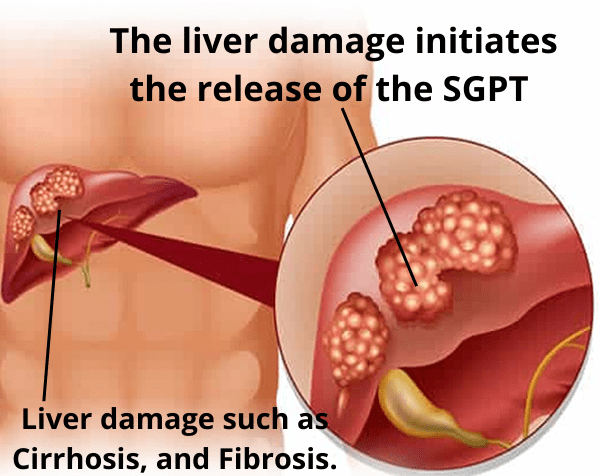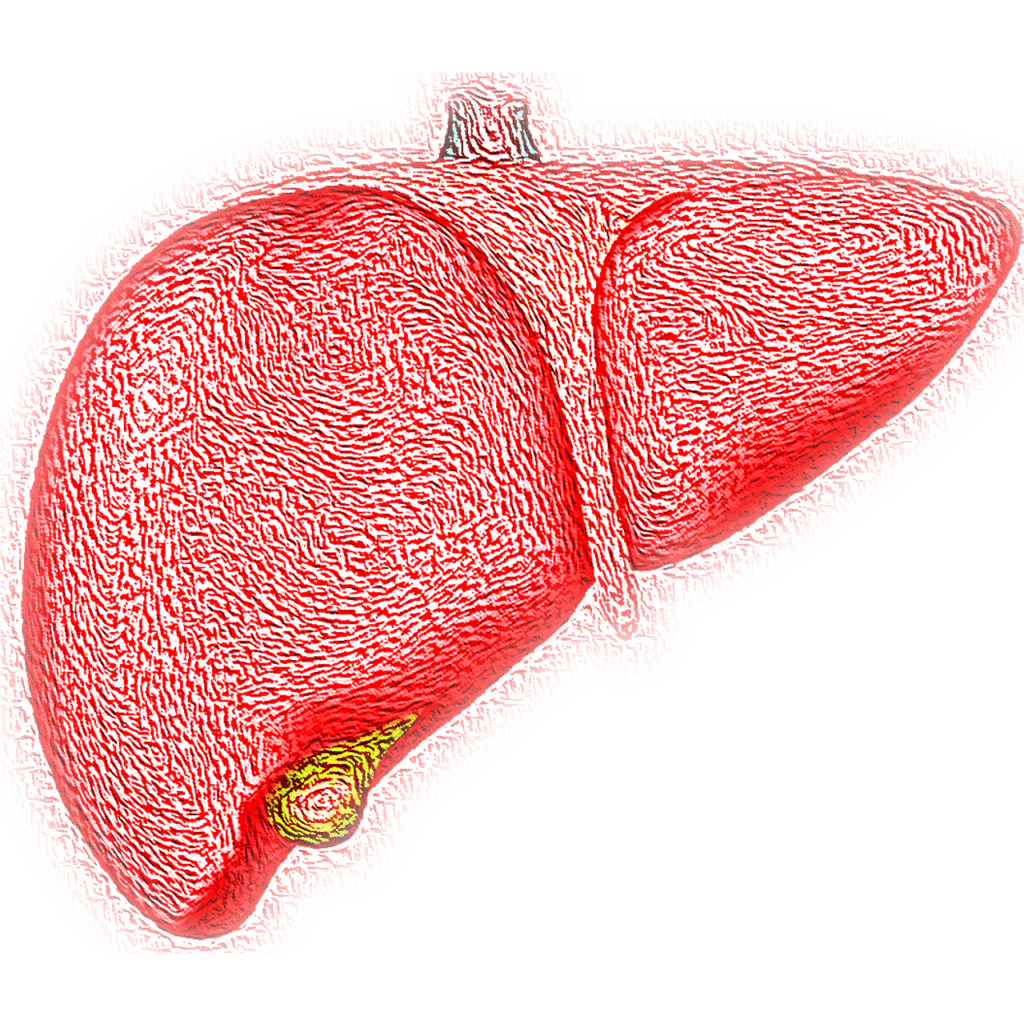Alanine aminotransferase (ALT), often referred to as serum glutamic-pyruvic transaminase (SGPT), is an enzyme that is present in large quantities in the liver and heart. When those organs are harmed, it enters the circulation. The diagnosis of disease of the liver, heart damage, or other illnesses that may impact these organs can be made with a blood test for SGPT.
Since the SGPT enzyme is a transaminase, it moves amino groups from one molecule to another. The amino group shifts from alanine to pyruvic acid in the case of SGPT. The metabolism of amino acids depends on this process.
Low quantities of SGPT are frequently detected in the blood. However, SGPT levels can sharply increase in instances of liver or cardiac injury.
Table of Contents
Introduction to SGPT



SGPT testing for blood is frequently employed as a screening procedure for liver disease. In addition, it is employed to evaluate the efficacy of treatment and track the development of liver disease. People with heart injury may also have higher SGPT levels, albeit often not to the same level as those with liver impairment.
In addition to liver and heart damage, SGPT levels can also be elevated in people with the following conditions:
- Alcoholism
- Hepatitis
- Cirrhosis
- Drug toxicity
- Certain infections
- Cancer of the liver or pancreas
Understanding SGPT
| Age | Male | Female |
|---|---|---|
| 1-17 years | 0-40 U/L | 0-35 U/L |
| 18-60 years | 0-40 U/L | 0-35 U/L |
| Over 60 years | 0-45 U/L | 0-40 U/L |



Liver Health and SGPT Levels
| Liver Health Condition | SGPT Levels |
|---|---|
| Normal liver function | 0-40 U/L (for adults) |
| Mild liver damage | 41-100 U/L |
| Moderate liver damage | 101-200 U/L |
| Severe liver damage | Over 200 U/L |
Causes of Elevated SGPT



Elevated SGPT levels can be caused by a variety of factors, including:
- Liver damage: The most frequent cause of high SGPT levels is liver injury. Numerous things, such as alcoholism, hepatitis, cirrhosis, and toxicity from drugs, may contribute to this.
- Heart damage: People with heart injury may also have higher SGPT levels, but their levels are often lower than those for those with liver impairments.
- Certain medications: A number of pharmaceuticals, notably acetaminophen (Tylenol), antibiotics, and chemotherapy therapies, can result in elevated SGPT levels.
- Infections: Some infections, such as mononucleosis and hepatitis, can cause elevated SGPT levels.
- Cancer: Cancer of the liver or pancreas can also cause elevated SGPT levels.
- Strenuous exercise: Strenuous exercise can temporarily elevate SGPT levels.
- Fasting: Fasting can also temporarily elevate SGPT levels.
Diagnosing and Monitoring Liver Health
| Test | Purpose | Normal Range | Abnormal Results |
|---|---|---|---|
| SGPT blood test | To measure the level of SGPT in the blood. SGPT is an enzyme that is found in high concentrations in the liver. When the liver is damaged, SGPT is released into the bloodstream. | 0-40 U/L (for adults) | >40 U/L |
| Liver biopsy | To remove a small piece of tissue from the liver for examination under a microscope. This can help to diagnose liver damage and determine the cause of the damage. | Not applicable | Abnormal liver tissue |
| Liver ultrasound | To use sound waves to create images of the liver. This can help to identify any abnormalities in the liver, such as tumors or scarring. | Not applicable | Abnormal liver size or shape, or the presence of tumors or scarring |
| Liver function tests | To measure the ability of the liver to function properly. These tests can include measures of bilirubin, albumin, and prothrombin time. | Normal liver function | Abnormal liver function |






